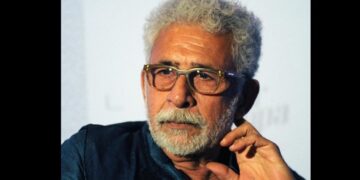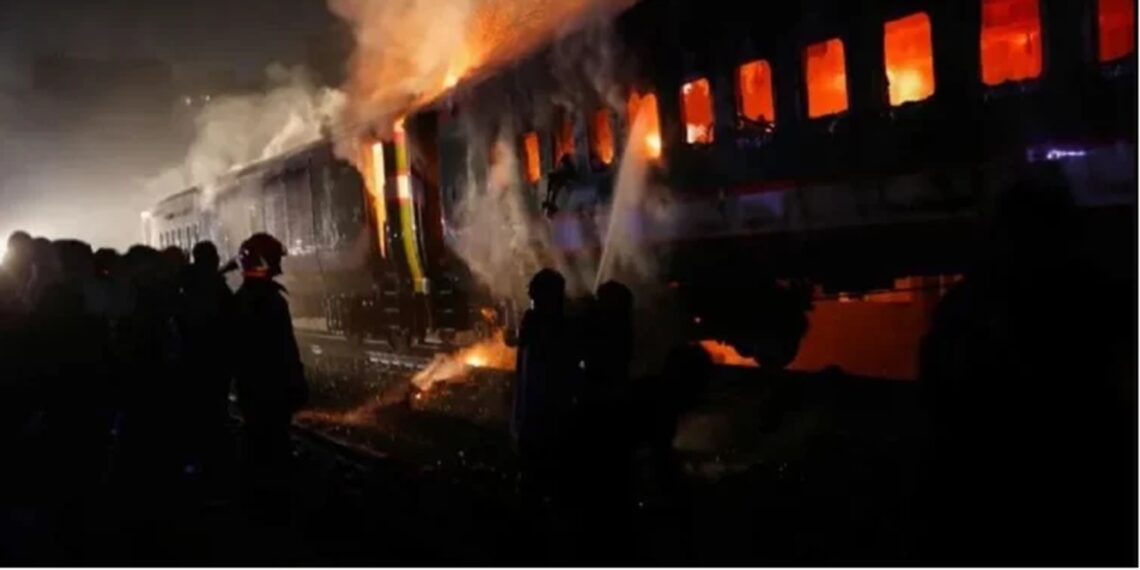After nearly two months of near-total silence – barring the occasional gentle persuasion on conducting free and fair elections – the United States today said that Bangladesh’s January 7 parliamentary polls it “were not free or fair and we regret that not all parties participated” in it.
However, the US State Department, which issued the statement, added that Washington, DC, “remains committed to partnering with Bangladesh to advance our shared vision for a free and open Indo-Pacific, to supporting human rights and civil society in Bangladesh, and to deepening our people-to-people and economic ties”.
The statement, which reflected a recognition that Prime Minister Sheikh Hasina’s Awami League “won a majority of seats in the January 7, 2024 parliamentary elections”, said that “remains concerned by the arrests of thousands of political opposition members and by reports of irregularities on elections day”.
The January 7 elections were marred by widespread rigging and other electoral malpractices indulged in by not only the Awami League but also a cross-section of government officials and Election Commission-appointed returning officers, with the police taking no action against the miscreants.
ALSO READ In Bangladesh’s dog eat dog election, Awami League men drive away rival supporters in Barisal
While there was no word on demanding the release from prisons of over 20,000 BNP leaders and supporters who were thrown into different jails since October 28, 2023, the US condemned the “violence that took place during elections and in the months leading up to it”.
At the same time, it encouraged the “Government of Bangladesh to credibly investigate reports of violence and to hold perpetrators accountable” besides urging “all political parties to reject violence”.
Reacting to the Bangladesh elections, the UK’s Foreign, Commonwealth and Development Office (FCDO) said “standards” such as “credible, open and fair competition” and “respect for human rights, rule of law and due process” were not “consistently followed during the election period”.
Expressing concern “at the significant number of arrests of opposition party members before polling day”, the FCDO also “condemned” the “acts of intimidation and violence that took place prior to and during the campaign period. Such conduct has no place in political life”.
Besides, it said, “Not all political parties took part in the elections. The Bangladeshi people did not therefore have the fullest range of voting options”.
Pointing out that “creating the conditions for a sustainable political settlement and vibrant civil society will enable long-term growth,” the FCDO sought to “encourage all political parties to address their differences and find a common way forward in the interests of the people of Bangladesh”.
ALSO READ The US’ Guatemala sanctions regime model: Can this be applicable to Bangladesh?
On its part, the UN Human Rights Office of the High Commissioner (UNHRHC) cautioned “Bangladesh’s newly elected government to take steps to renew the country’s commitment to democracy and human rights” and voiced distress “that the environment for (the) poll was marred by violence and repression of opposition candidates and supporters”.
“In the months leading up to the vote, thousands of opposition supporters have been detained arbitrarily or subjected to intimidation. Such tactics are not conducive to a truly genuine process,” UN HRO High Commissioner Volker Türk said in a statement.
“Mass arrests, threats, enforced disappearances, blackmailing and surveillance were all methods reportedly used by law enforcement officials prior to the ballot, which was boycotted by the main opposition Bangladesh Nationalist Party. Acts of political violence, including arson attacks allegedly committed by opposition groups, have also been reported,” he added.
Demanding independent investigations into cases of widespread human rights abuses, Türk said that these “incidents must be independently investigated, and those responsible must be brought to justice in fair and transparent trials,” while “violations and irregularities during the campaign and on election day itself should also be thoroughly and effectively investigated.”















